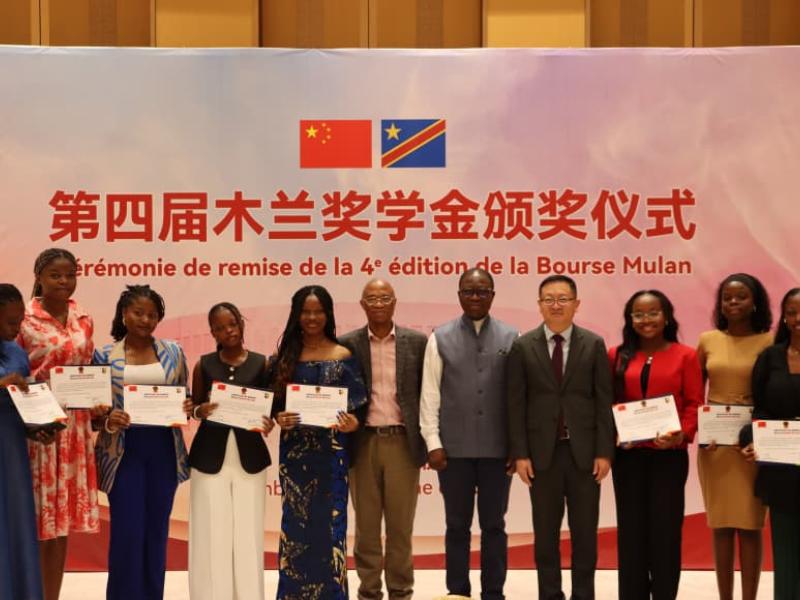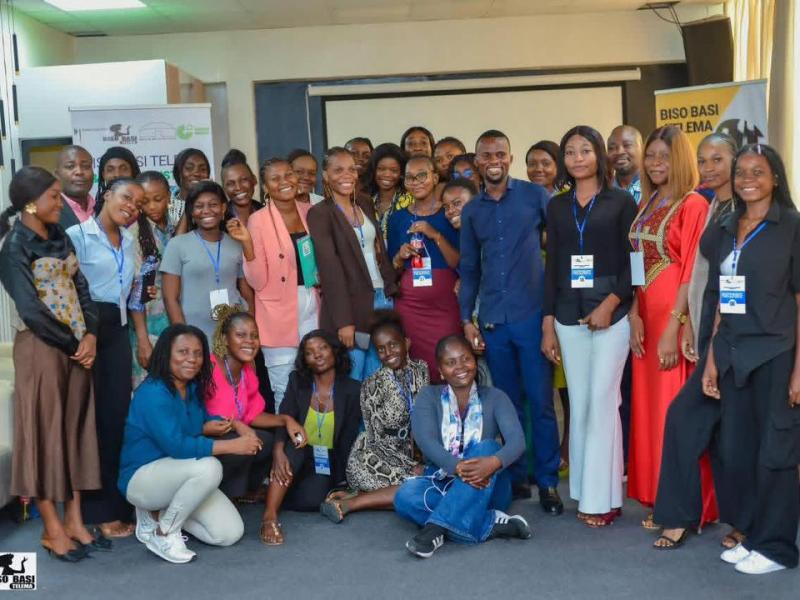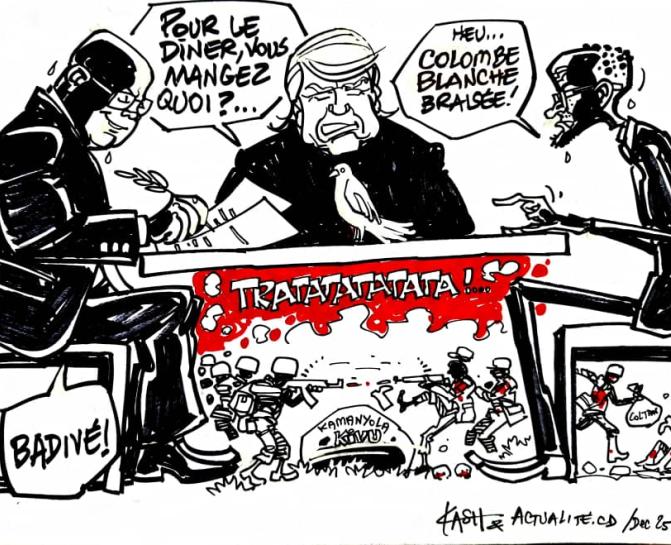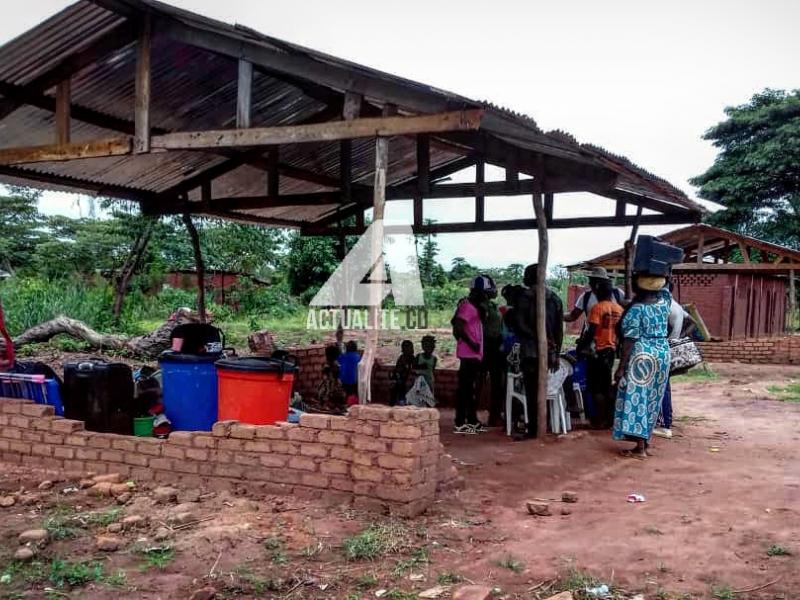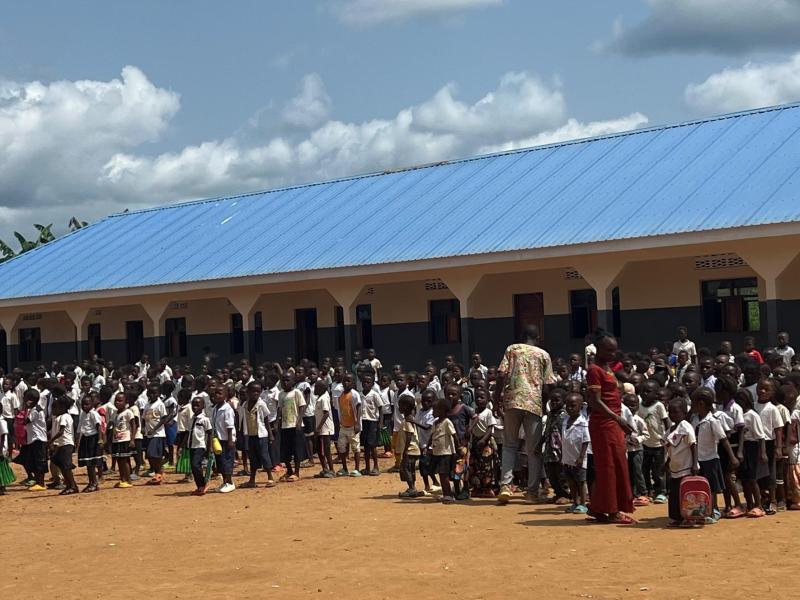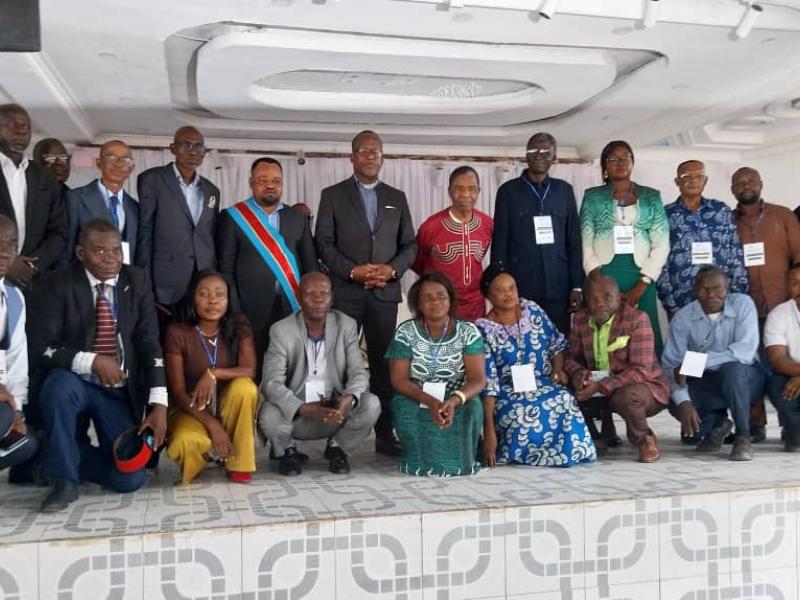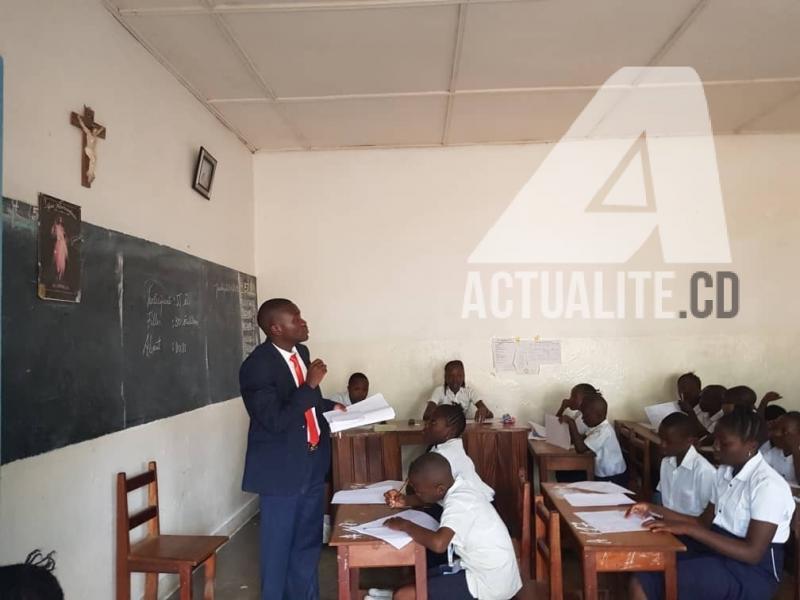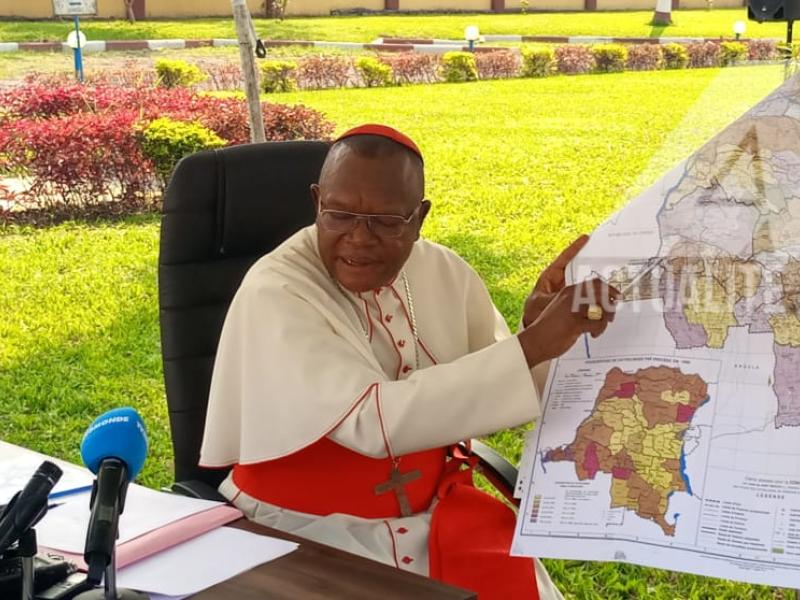
PRESS RELEASE
Under the patronage of the Ministry of Agriculture, the International Institute of Tropical Agriculture (IITA) launches the “Cassava Value Chain Development Project in the Democratic Republic of the Congo”, at the Hilton Hotel, in Kinshasa (DRC). Funded by the United States Agency for International Development (USAID), this project is meant to strengthen and further structure the organization of the cassava sector in the DRC.
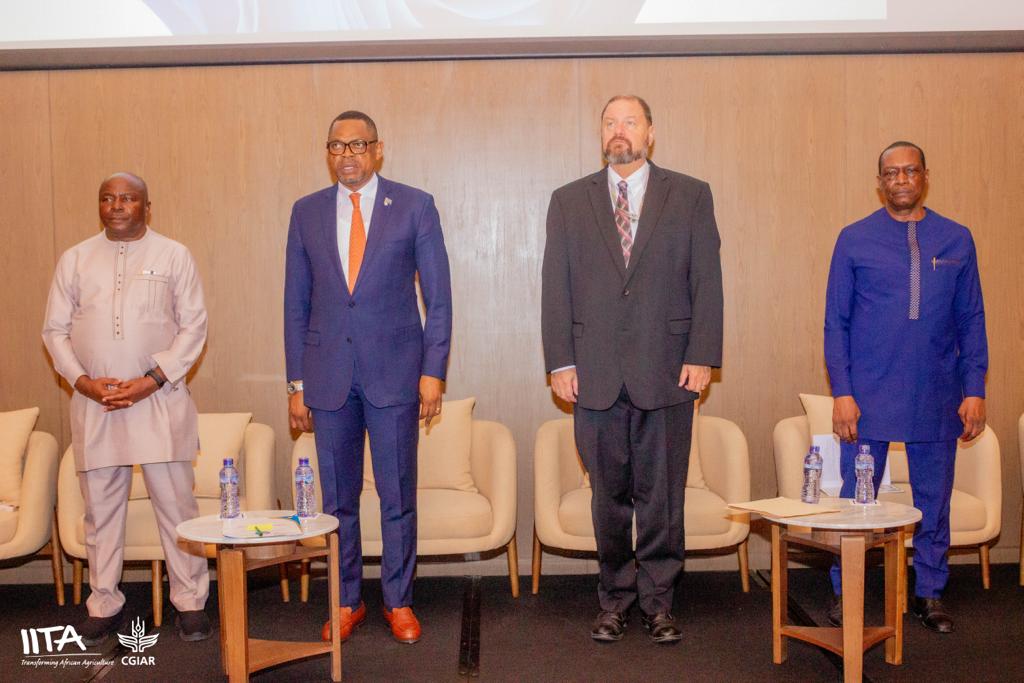
Cassava value chain in the DRC has not yet reached its full potential, yet that crop is important for ensuring food security, because of its resilience to climate change, high temperatures, and impoverished soils. To derive – in the future – optimal benefit from this main crop with great industrial potential, it’s imperative to improve its value chain by strengthening the capacities of involved stakeholders and rationalizing its exploitation to create opportunities. This strategy fits with the vision of the DRC’s Head of State who advocates “The revenge of the soil on the subsoil”. This vision underpins the Agenda for the Transformation of Agriculture in the Democratic Republic of the Congo (ATA-DRC), a program implemented by the Ministry of Agriculture with technical assistance from IITA and the African Agricultural Leadership Institute (AALI). To quote the DRC’s Minister of Agriculture, “cassava is at the core of government's efforts to boost the agro-industrial sector and broaden the economic base to contribute to achieving the government's development objectives.
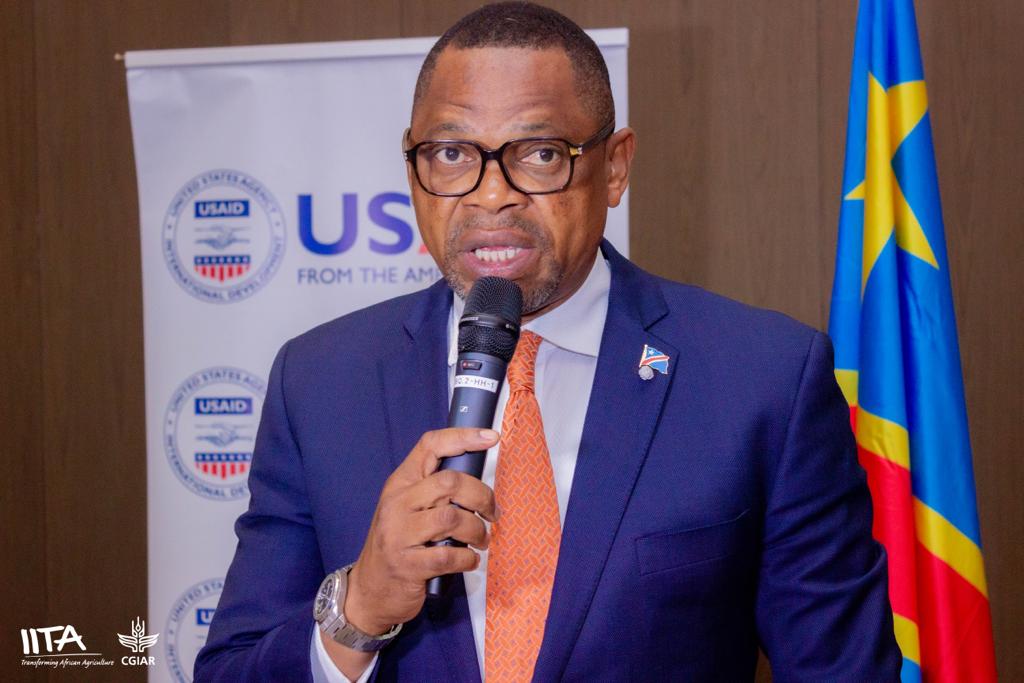
This project will improve the functioning of the cassava value chain, through interventions at each segment’s level – supply of basic products (such as seeds), root production techniques, value addition, processing, quality standards of the produce, market, and business environment. The project will take an integrated approach to address poor cassava yields by combining best agricultural practices, such as the use of improved high-yielding cassava varieties, the use of fertilizers, and regular weeding. Timely planting and harvesting, as well as mechanization and industrialization, will also be used to create wealth and generate employment at each level of the value chain. In addition to food, cassava is a very versatile crop, and its derivatives are used in different sectors including confectionery, textiles, the pharmaceutical industry, and livestock.
In the past, USAID had partnered with IITA to control the spread of cassava pests and diseases such as cassava mealybug (CMB), cassava mosaic virus (CMV), cassava bacteriosis (CBB), and cassava brown streak disease (CBSD) in the DRC. Each time, IITA, in collaboration with the National Institute for Agronomic Studies and Research (INERA), managed to identify varieties of cassava that were efficient and tolerant against each of these diseases. USAID's new project will build on these successes and scale up related technologies. USAID will help take DRC's cassava producers, processors, and input suppliers to the next level, by way of strengthening their capacities as well as easing their access to resources and markets to allow for the growth of the cassava subsector.
In the same vein, the USAID project will aim at reducing or getting rid of bottlenecks hindering production, processing and marketing as well as the making of high-quality cassava flour (HQCF) and its use in the food industry, such as breadmaking. Substituting wheat flour with cassava breadmaking flour (at the rate of ten percent) will allow the DRC not only to reduce the cost of producing bread, but also to create employment in the sector – on top of reducing food imports – to improve the country's trade balance. As part of our continued support to improve the food security for the DRC population, this new project, along with other USAID-funded initiatives, will partner with Congolese farmers and agribusinesses to revamp economic growth, increase employment opportunities, and improve livelihoods.
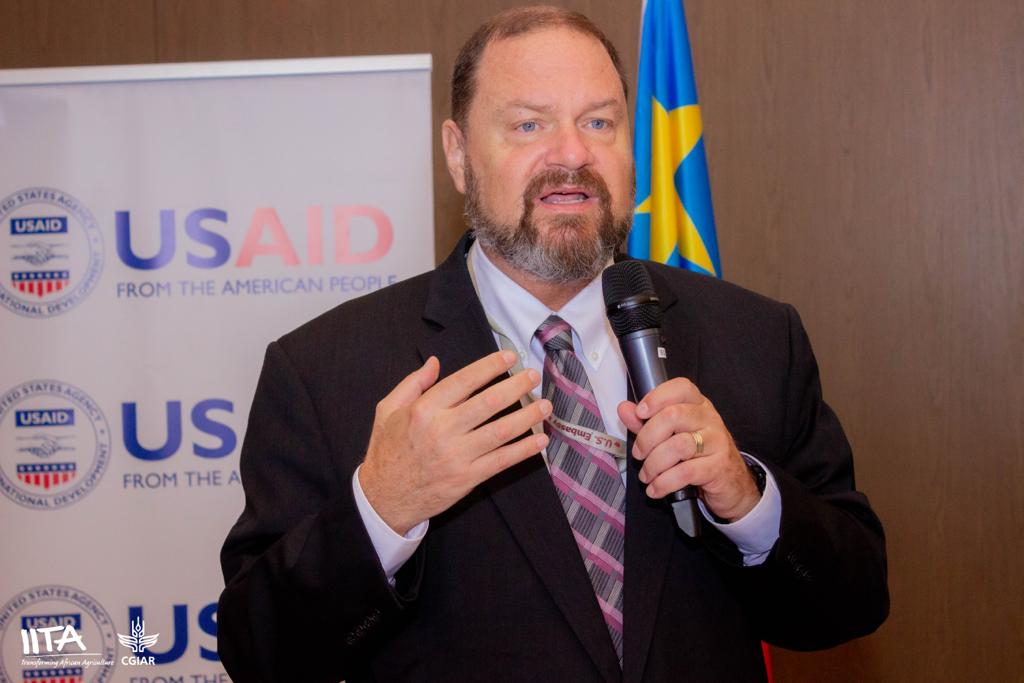
As says the IITA’s Regional Director for the Central Africa Hub and Country Representative for the DRC, Mr. Zoumana Bamba, “The Congolese agricultural system must modernize to meet current agricultural, commercial, and economic challenges, and IITA commits to contributing to the development of the cassava value chain by leveraging the necessary agricultural technologies and innovations. » This U.S. government’s initiative will be implemented in close collaboration with national research institutions, farmer organizations, and the private sector.




